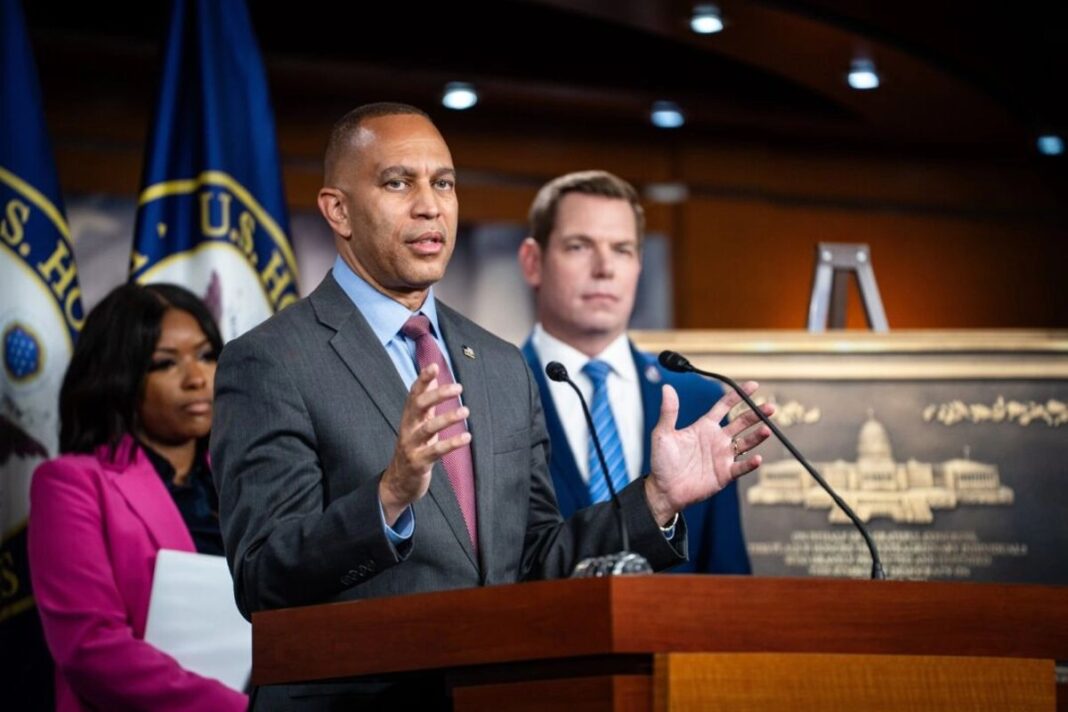Democrats have made key demands in exchange for supporting a continuing resolution.
Health care has become a sticking point in congressional negotiations over a stopgap spending bill to avoid a shutdown of the federal government on Oct. 1.
The House passed a continuing spending resolution with bipartisan support on Sept. 19 that would have continued government funding through Nov. 21 at current levels. The Senate failed to approve the measure.
Here’s how health care plays into the standoff between congressional Republicans and Democrats, and the one issue that some observers think might resolve the matter.
What Democrats Want
Democratic leaders have said they will not support a continuing funding resolution unless it includes provisions to strengthen U.S. health care.
The One Big Beautiful Bill Act, often called the Big Bill, which was signed by President Donald Trump in July, eliminates nearly a trillion dollars in health care spending, largely from the Medicaid program, over a 10-year period.
Republicans say the cuts are largely aimed at eliminating fraud, waste, and abuse, and transferring some Medicaid costs from the federal government to the states.
Other provisions include increased work or community engagement requirements for Medicaid recipients and changes to a loophole that allows states to use a tax on health care providers to inflate the Medicaid payment they receive from the federal government. The bill also clarifies that people not legally residing in the United States are not eligible for Medicaid.
Democratic leaders have indicated that they will not support a continuing resolution that simply extends continuing spending legislation.
“Democrats do not support the partisan Republican spending bill because it continues to gut the health care of the American people,” House Minority Leader Hakeem Jeffries (D-N.Y.) told reporters on Sept. 24.
Jefferies said potential impacts of the Big Bill include higher insurance premiums, loss of health coverage by up to 10 million Americans, reduced spending on medical research, and financial hardship for rural hospitals.
“That’s why Democrats have drawn a line in the sand,” he said.








